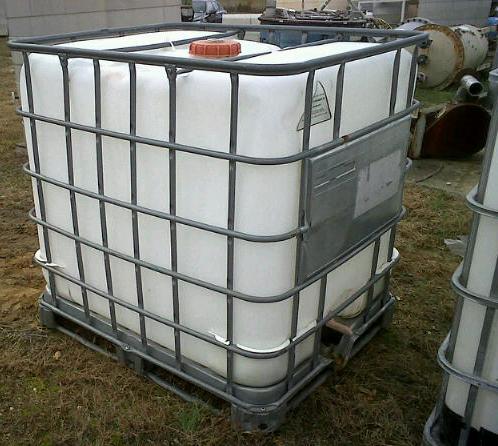
The SMU Learning Garden is a laboratory for a hands-on exploration of subjects such as sustainability, food justice, urban farming and engineering.
On Earth Day, April 22 at 6:30pm we will be screening the film
Growing Cities in Harned Hall 110 (free). The film examines the role of urban farming in America and the potential of urban farms to revitalize the city and to improve the ways that we eat and live. It will be followed by a discussion with a panel of local farmers and food activists. Check out the full
program here. If this inspires you to action, stop by the SMU Learning Garden just outside of the cafeteria.
The campus garden is a perfect place to apply theory to practice and to experiment with urban farming and sustainability ideas. It is a lab to learn and to model sustainable ways to produce food on a small plot of land. For example, most recently, we have faced the problem of water.
EPA cites that sustainable water management is essential to ensuring the environmental and economic sustainability of our communities.

So we asked, how can we collect and use rain water to water plants in the garden? We began with a 260 gallon food-grade tote, found on Craigslist for $100. If you do a search online, you will find that there are plenty of these containers available for re-use after they have been emptied of their original contents.

Next, we had to figure out how to install the massive tote in the garden. Since the plot is in the center of campus and highly visible, aesthetics are just as important as function.
Maintenance technician, Vernon Randloph, came up with the ingenious design. He covered the plastic container with cedar siding to blend it into the garden and raised it to create water pressure for watering.

To our surprise, the 260 gal. tote filled up after only a couple of days of rain! Vernon had to engineer a design that dealt with the overflow. Once the tote was full, it would spill over and create a drainage problem around the base of the building and in the garden, so Vernon rerouted the overflow back into the building drain. Check out the incoming and the outgoing pipes and the awesome water pressure. Now we have a model for a water collection system that can be used for demonstrations of the design, class experiments as well as for watering the garden.
What do we do with the food that we grow? In the Benedictine spirit of service to the community, it goes to the
Thurston County Food Bank.









